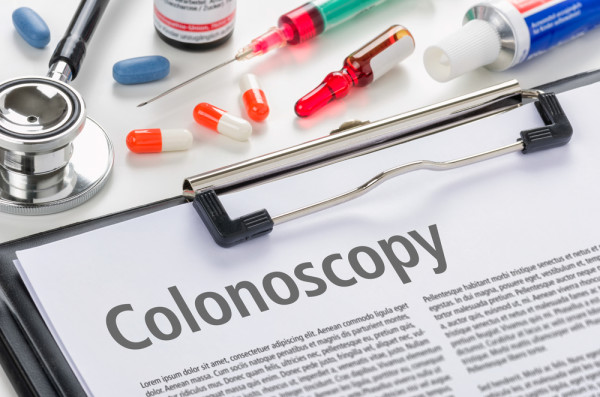Can Colon Polyps be Prevented?
Oftentimes completely painless and asymptomatic, colon polyps are noncancerous growths that occur throughout the lower digestive tract and usually end up being completely harmless. However, they are still a reason for concern, because, if left untreated, some colon polyps can develop into cancerous growths. Moreover, even noncancerous polyps can eventually lead to pain and bothersome symptoms if they grow too large. Therefore, it is important for everyone — especially patients over the age of 50 or with certain risk factors – to learn about colon polyps and how they can be treated or prevented.
First off, to answer the question posed in the title of this article, many colon polyps can be prevented. The primary risk factors for developing a colon polyp include age, genetic factors, inflammatory bowel diseases, tobacco use, alcohol use, and type 2 diabetes. By eating a healthy diet that is rich in vitamins and fiber, many inflammatory bowel diseases, along with most cases of type 2 diabetes, can be avoided. And controlling your alcohol and tobacco and take can further reduce your risk.
However, you will also notice that your age and genetic factors are not so easily controllable. People over the age of 50, people with a family history of colon polyps, people with certain genetic problems, and people of African American descent are all at an increased risk of developing colon polyps. Even if you live a very healthy lifestyle, you should still be aware of this issue — especially as you advance in age.
Regular checkups with your doctor are crucial. After all, most colon polyps do not cause any symptoms. Though bleeding, changes in stool color, changes in bowel movements, pain, nausea, vomiting, and iron deficiency are all potential reactions to this issue, there is no guarantee that your body will alert you to colon issues before a problem has become serious.
Now for some good news: colon screenings are normally fairly straightforward and painless. The most famous option is colonoscopy, however you should know that these are only performed once every 10 years in most cases. You may occasionally need less invasive options such as a virtual colonoscopy or a sigmoidoscopy, though, especially if you have multiple risk factors for colon cancer. These screening options are not always exceedingly popular with patients; however, they are crucial to preventing and treating cancer and an optimal time frame.
If your doctor does happen to find a colon polyp during an examination, the odds are good that he or she can simply remove the polyp immediately as a part of the procedure without any further complications. You may not even realize that this has happened until your doctor tells you so! In the event that a colon polyp has grown especially large or has become cancerous, your doctor will probably schedule surgery or another treatment plan on another day.
If you have had colon polyps diagnosed, treated, and removed, your doctors may make a few recommendations or treatment plans for the future. For example, your doctor may suggest that you receive colon cancer screening at more regular intervals in the future, or that you make a few lifestyle changes in order to reduce your risk of experiencing further colon-related problems in the future.
If you are concerned about your colon health, if you are due for a colonoscopy, or if you have been diagnosed with problems such as colon polyps and would like to receive a second opinion, we encourage you to visit Surgical Specialist of Long Island online for more information and a chance to make an appointment today!
